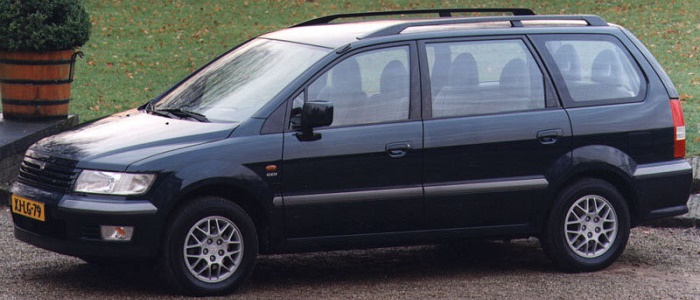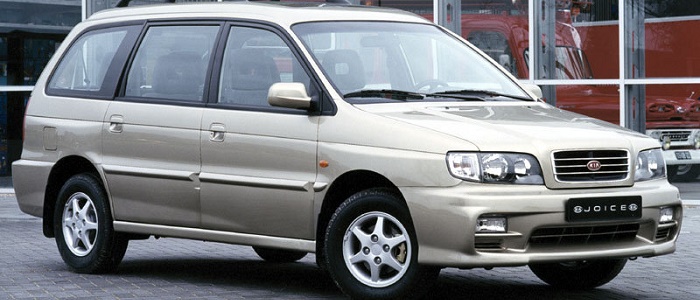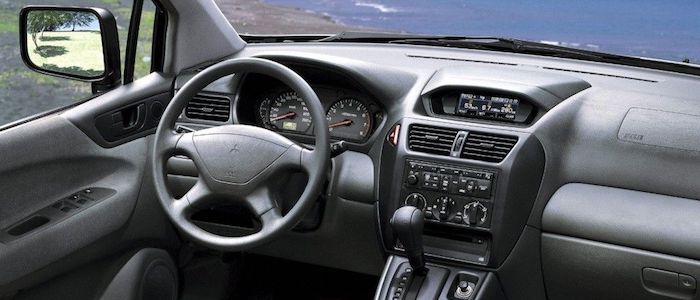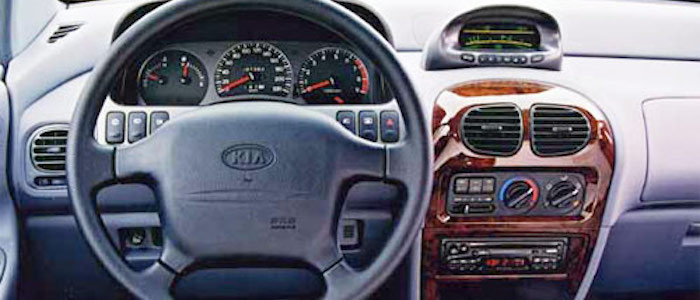Compare two cars
Compare any two cars and get our Virtual Adviser™ opinion
Dimensons & Outlines
Engine
2.4 Sirius 4G64 HP
Performance (manual gearbox)
Performance (automatic gearbox)
Expenses
Virtual Adviser's™ opinion
Well, these are two pretty similar cars we have here! It's only details that could potentially make the difference. Considering they both belong to the mpv segment and utilize the same 5-door MPV body style and the front wheel drive system, it all comes up to the specific petrol engine choice they offer. Both the engines are Mitsubishi-engineered . The first one has a 4-cylinder, 16-valves 150hp unit, while the other one gets its power and torque from a 4-cylinder, 16-valves 136hp one.
SafetyThe fact that the Mitsubishi got tested by the European New Car Assessment Programme (Euro NCAP), while the other contender didn't, isn't really an advantage, taken the poor 3-star rating it received. Moving further on, let's take a closer look at some additional safety-related facts. Both vehicles belong to the mpv segment, which is generally a good thing safety-wise, but it doesn't do much to help us decide between the two. Furthermore, when it comes to weight, a factor that most people underestimate, the Japanese car offers a considerable difference of 12% more metal.
ReliabilityReliability is not the best thing to consider on the make level, but it is worth mentioning that both brands display similar results in faults and breakdowns, all the models observed together. That's the official data, while our visitors describe reliability of Mitsubishi with an average rating of 4.6, and models under the KIA badge with 4.2 out of 5. Unfortunatelly, I don't have enough insight that would allow me to comment in more details on the specific models level. That apart, owners of different cars powered by the same engine as the Japanese car rank it on average as 5.0, while the one under the competitor's bonnet gets 4.5 out of 5.
Performance & Fuel economyMitsubishi is way more agile, reaching 100km/h in 3.1 seconds less than its competitor. In addition to that it accelerates all the way to 190 kilometers per hour, 10km/h more than the other car. When it comes to fuel economy the winner has to be the Japanese car, averaging around 9.3 liters of fuel per 100 kilometers (30 mpg), in combined cycle. We can't ignore that 19% difference compared to the Korean car.
Verdict
Mitsubishi appears just a bit more reliable, although the difference is truly marginal. The most important thing when deciding between any two vehicles should always be safety, both passive and active. In my opinion, everything taken into account, the Japanese car beats the other contender by far, making it the best choice without even considering other things. It all continues in the same direction, with Mitsubishi outracing its opponent in any situation possible, making it better choice for boy racers. To make things even better, it consumps less fuel! All together, there's not much more to say, in this case I wouldn't even consider anything but Mitsubishi. Nevertheless, let's not forget that people have different preferences and needs, so what really counts is your personal feel. I'm only here to help. In case you have two minutes to spare I invite you to define your needs, desires and budget and see which car would be chosen by the virtual adviser™, out of 12.000+ vehicles we currently have in our database.































